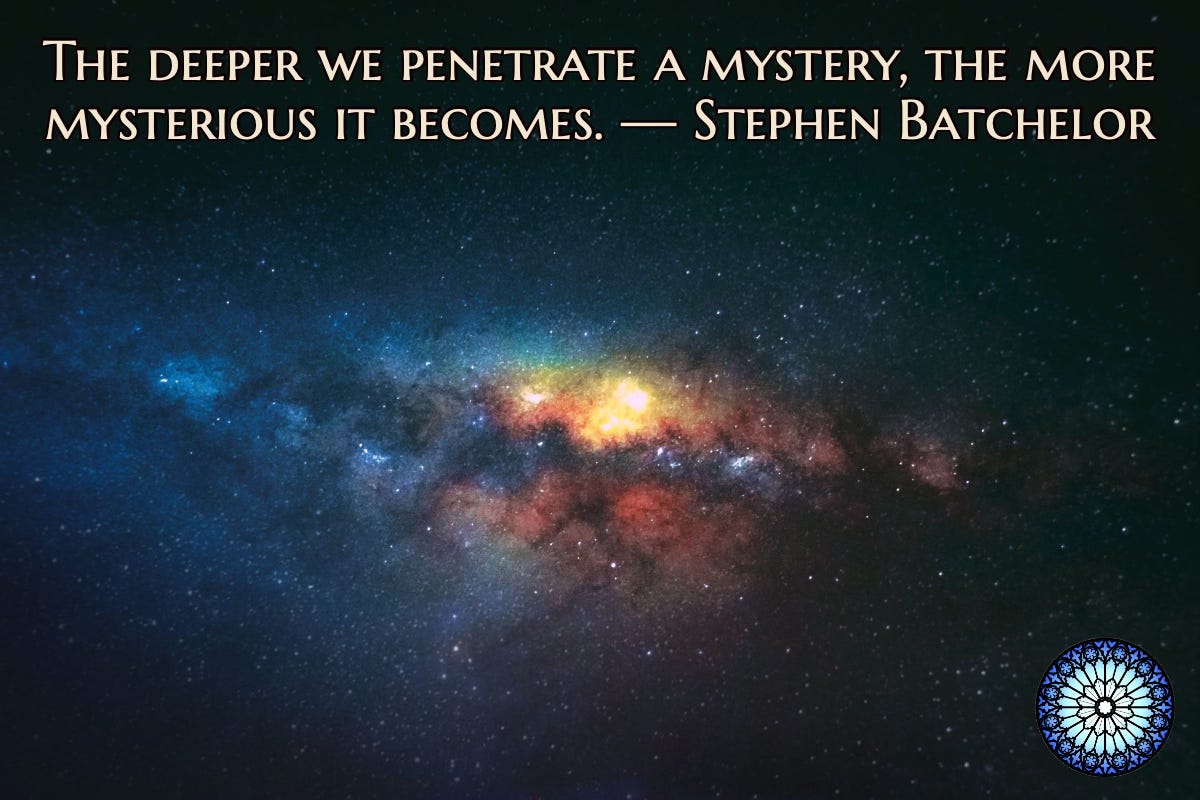Nowhere for the Ego to Cling
The Deeper We Go, The Weirder It Gets
Stephen Batchelor (b. 1953) is a Scottish Buddhist scholar, writer, and lay teacher. He has become known for advocating a “secular Buddhism” or a “Buddhism without beliefs” — seeking to return to the original teachings of Gautama Siddhartha without the mythology and metaphysical trappings that grew up around the core principles of Buddhism over the cent…




